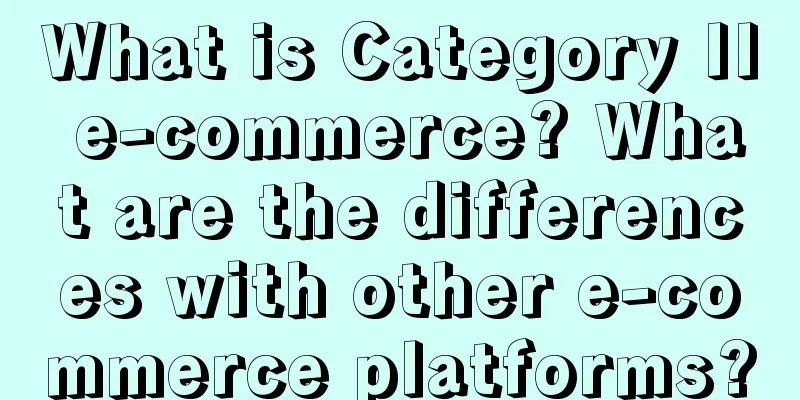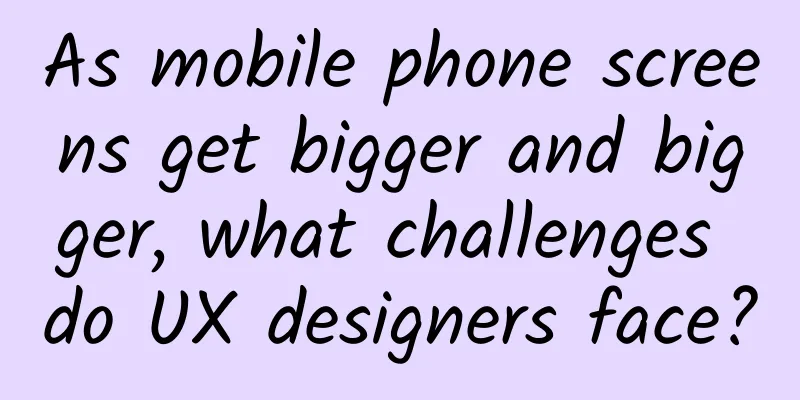How much benefit has Microsoft gained from Android?

|
It is no secret that Microsoft has long relied on its large number of patents to charge Android phone manufacturers huge royalties. As early as 2011, there were reports that Microsoft was negotiating with Samsung to sign an agreement that would require Samsung to pay Microsoft $15 in royalties for each Android phone it shipped, while Samsung hoped to reduce the fee to $10 per unit by deepening its cooperation with Microsoft's Windows Phone platform. From this we can see the game between Microsoft and Samsung, which involves many business issues.
A lawsuit document disclosed in October 2014 shows that Microsoft's annual patent licensing income from Android and Chrome OS is very astonishing. Samsung alone paid Microsoft up to $1 billion in patent licensing fees in 2013. In addition to the largest and most successful Android manufacturers, dozens of companies paid Android patent royalties to Microsoft. It should be noted that Microsoft's device entertainment department (including Xbox, Windows Phone, and Skype) only made a profit of $848 million in 2013, and the patent fees paid to Microsoft by Samsung alone in 2013 exceeded this figure. Samsung is not the only company that has similar deals with Microsoft, HTC, Motorola and other companies. Each Android device sold requires Microsoft to pay a certain amount of patent fees. Not only mobile phone manufacturers, but even companies like Barnes & Noble that specialize in e-book business also need to pay Microsoft patent fees for producing e-book readers equipped with Android systems. Why do mobile phone manufacturers have to pay Microsoft patent fees when using Android?
We all know that Android is a free and open source operating system based on Linux, and Microsoft had already obtained patent licensing fees on the Linux system long before Android was launched. So it is normal for Microsoft to target the Android system. In 2007, before Android was officially launched, Microsoft claimed that Linux had infringed 235 of its patents, but Microsoft did not officially announce or indicate where Linux had infringed its patents. Microsoft's consistent strategy is to negotiate directly with companies that use Linux technology and sign patent licensing agreements. Many large companies, including Amazon, Novell, Linspire, and TurboLinux, have signed patent licensing agreements with Microsoft to protect the interests of the company and users. There are also some manufacturers that use the Linux kernel in their devices, and after being intimidated by Microsoft, they directly chose to remove related functions from their devices, such as TomTom. There is another interesting story: In the 1980s, the giant IBM once demanded patent fees from Sun Microsystems (now acquired by Oracle), claiming that Sun had infringed on seven of IBM's patents and demanded compensation. However, after Sun carefully checked and found that six of the seven patents involved were likely invalid, and Sun obviously did not infringe the seventh patent mentioned by IBM. But the result was unexpected. IBM claimed that maybe you really did not infringe the seven patents we just mentioned, but we have 10,000 patents in the United States. Do you really want us to go back empty-handed to check whether you have infringed our other patents? After a lot of negotiation, Sun Microsystems finally paid a large amount of "patent protection fee" to IBM. IBM continued to collect protection fees from other companies. Google's Android is now facing a similar problem given by Microsoft. Will you pay this protection fee or not? Which Microsoft patents do Android devices infringe? Of course, there were some companies that were unwilling to hand over their patents, such as Motorola, so Microsoft had to submit some of its patents to the court. 1. Patent No. 5579517, long file name support. MS-DOS before version 5 only supports 11-character file names (including extensions), so Microsoft invented a method to support both long and short file names. Friends who have used the DOS operating system should know that DOS will automatically shorten file names with more than 11 characters and replace part of them with the ~ symbol. This patent is about this implementation. Since the Android system supports MicroSD (TF) cards in FAT format, the data stored on the card must support DOS long file names. In other words, any device that supports the FAT format is restricted by Microsoft's patent. 2. Patent No. 6621746, Flash Erase. Monitor the usage of flash memory and perform targeted erase operations when appropriate. Strictly speaking, any Flash-based file system must implement similar functions, and Android is no exception. 3. Patent No. 6909910, Contact Creation and Update. Specifically, it is a system and method for updating a contact from a call log or creating a new contact. As shown in the figure below, it is estimated that many smartphones will not be able to escape this: Microsoft's patent on contact creation and update. 4. Patent No. 7644376, System Status Monitoring and Notification System. It is mainly about allowing mobile applications to obtain APIs for changes in mobile phone status and manage global system status notifications. 5. Patent No. 5664133, Pop-up context menu system. The specific patent description is to obtain and display a series of commands in a pop-up menu for the object selected by the user. This patent is probably Microsoft's dragon-slaying sword, which can kill gods and Buddhas. When Apple introduced the right-click menu, Microsoft did not sue because Microsoft and Apple signed a non-sue agreement on cross-patent use. 6. Patent No. 6578054, Incremental Synchronization. A system and method for synchronizing multiple copies of data between a server and a client, whereby incremental changes to one copy of data are identified, transmitted, and integrated into all other copies of data. According to this patent description, Android's data synchronization function can be said to be completely destroyed. 7. Patent No. 6,370,566, Initiating scheduled meeting requests from a mobile device. The implementation described in the patent is different from Google Calendar, so I don’t quite understand how this conflicts with Android. It can be seen that the patents listed by Microsoft above are actually some basic functions commonly used in smartphone operating systems and even desktop operating systems. For some functions, users are already very accustomed to this operation method and logic. If you want to go around these patents, it means exiting the current display interface and recreating a new environment that is unfamiliar to users and developers. This is actually a tragedy for the computer industry. How can Google make more money with Android?
As mentioned earlier, Microsoft collected huge patent fees from Android phone manufacturers. So what about Google? As the owner of the Android platform, how much profit has Google gained from the Android platform? First of all, we need to make it clear that the Android system is not like Microsoft's Windows system and Apple's iOS system. When PC and mobile phone manufacturers use Windows system applications on their own computers, mobile phones and tablets, Microsoft will charge licensing fees. Although Apple does not sell its own system, iOS cannot be used by anyone except Apple itself. The Android system itself is an open system. Google does not charge any fees for any manufacturer, whether it is a mobile phone, computer or home appliance manufacturer, to pre-install the Android system on hardware devices. Google's strategy is to penetrate the Android system into as many consumer groups as possible. These people will search through Google and then click on Google search ads, thus making profits for Google (Google basically cannot make a dime in China). However, Android has not brought Google very considerable income in advertising. Here is a set of data: Google's mobile search revenue in 2014 was $11.8 billion, of which 75% ($8.9 billion) came from website searches using iPhones and iPads. This means that Google's search revenue on Android devices in 2014 was only $3 billion. Compared with Google's $66 billion in revenue in 2014, $3 billion seems insignificant. Another number may make Google even more ashamed. In the fourth quarter of 2014 alone, Facebook's mobile advertising revenue exceeded $2.65 billion. What Google created has made others make a lot of money. Perhaps it is time for Google to think more about how to use these billions of Android devices to create more value for itself. |
<<: Apple Watch actually has these little secrets?
>>: Why is it not called iWatch because of poverty? Apple, you’ve had enough
Recommend
Which day is the ninth day of the ninth month in 2022? What does Jiujiu Tian mean? Will it still be cold?
In traditional culture, nine is the extreme numbe...
Cook’s iPhone moment has not come yet!
Click to participate in the 51CTO website content...
Tips and algorithms for creating popular short videos!
01 Changes in the communication model: from manua...
What is the viral user growth model? How to build a user growth model?
The concept of growth hacking is very popular now...
What kind of methodology can continuously create popular marketing products?
For most marketers, screen swiping is something t...
Which industries are suitable for information flow?
Question 1: I have a question: Regarding the prob...
Safari and Firefox have both abandoned Flash, leaving Chrome with you
Adobe must have had a very unhappy couple of days...
Xu Juntai's "21 Excel Function Lessons, Complete a Day's Work in 5 Minutes"
The EXCEL workplace office series of courses star...
When OTT allows users to return to the big screen, how much do you know about its marketing value?
Nothing can stop OTT from becoming an indispensab...
A short video account with precise vertical content and followers. A simple operation in a niche field can earn you over 10,000 yuan a month
There are several main ways to monetize a zodiac ...
ParallaxScrollView - Parallax scrolling
introduce Implement a scroll view with parallax s...
Chen Yudian: Learn Management from Huawei - Gaining Insight into Management and Becoming an Excellent Leader
How to manage well and enhance the core competiti...
With 80 million users after one year of launch, what is Pinduoduo’s growth logic?
A few days ago, when I was traveling in Guangzhou...
What should I do if the Douyin showcase score is low?
There is no doubt that Douyin is a very popular s...
Post-traffic era: Competition in the application distribution market is fierce, and user quality is more important than quantity
With the slowdown in smartphone shipments, China&...









